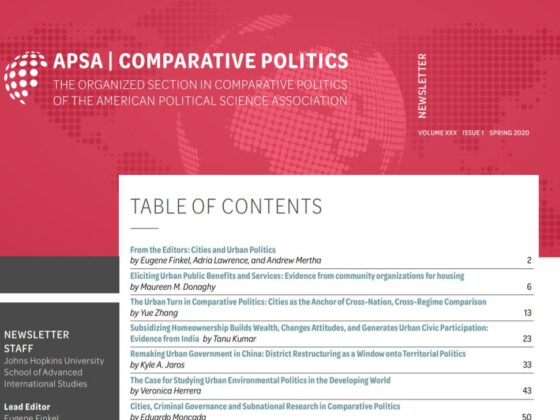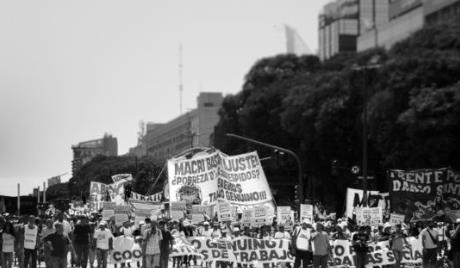(APSA-CP) For the past decade, the study of societal development contemporary autocracy has largely focused on two dynamics: the drivers of individual-level regime support and participation in large-scale protest events, or urban revolutions. These approaches overlook the near-universal rise in small-scale collective action—or urban movements—aimed at rectifying local government policy failures or providing public goods. This new work refocusing attention on building block or precursors of social organization and movement formation, constitutes a new and challenging focus of research in comparative politics. By ignoring these actions, political scientists are missing a key mechanism of societal change in illiberal or transitional regimes. Studying contemporary urban activism requires theoretical innovation and data collection. These efforts should link social movement theory, urban activism, and social theory across disciplines to explore how individuals who lack experience, language frames, or repertoires of action come to see politics as relevant for their everyday lives and identities. […]
Read More (PDF) © APSA | Comparative Politics (Spring Newsletter 2020)











